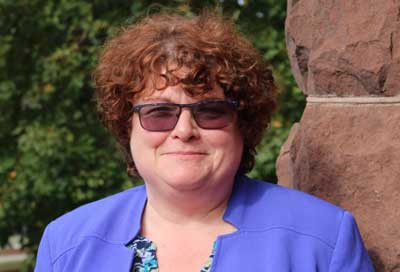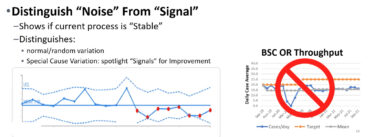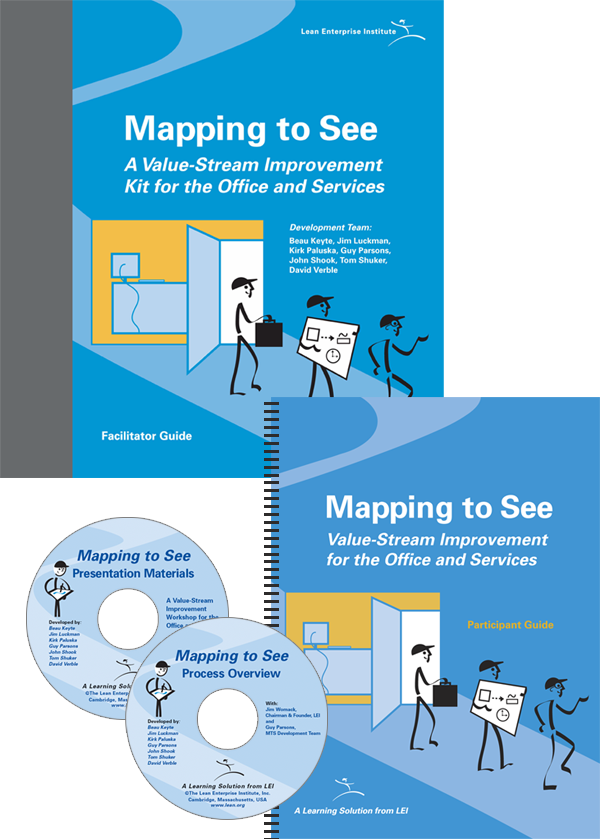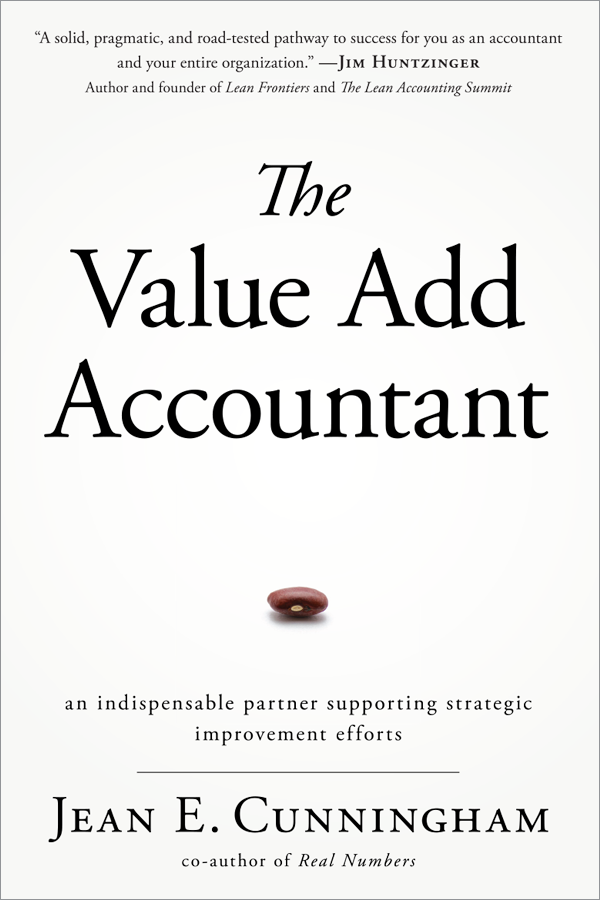Since 2008, the Lean Enterprise Institute has sponsored the Excellence in Lean Accounting Award to fund scholarships helping pairs of students and professors attend the annual Lean Accounting Summit.
The award, created by summit organizer Lean Frontiers and administered by the nonprofit Lean Education Advancement Foundation (LEAF), recognizes teacher/student pairs who attended a previous summit then applied what they learned to academic work. Winners are selected by a panel of lean accounting thought leaders.
Since the lean accounting movement seeks a shift from traditional cost accounting practices to ones that are more understandable, more accurate, and that correctly measure and motivate companies implementing lean management principles, we decided to check if any kind of shift was actually happening.
In this series, we’ll talk to past award winners to learn what impact the scholarship and award have had on the teaching and practice of accounting. Here is what we learned from Joanne Pencak, CPA, a lecturer in accounting at the University of Vermont. She was awarded scholarships in 2014 and 2015, allowing her and a student to attend the annual summit conferences.
Students “Shocked” Lean Accounting Isn’t More Widespread
 |
|
Joanne Pencak, awarded scholarships in 2014 and 2015 |
Chet Marchwinski, LEI communications director: Has getting LEAF scholarships to attend the Lean Accounting Summit affected your classroom teaching or your career in any way?
Joanne Pencak: It definitely has because I teach managerial accounting at the undergraduate level, and then I teach advanced managerial accounting at the graduate level. There are very few lean accounting resources for the classroom, so I’ve had to develop my own and a lot of the information that I’ve developed has come from attending the summits. I use Jean Cunningham’s material about lean financial statements, Brian Maskell’s information about value-stream accounting, and [presenter] Bill Waddell told me about Precision Tools, a lean manufacturer right here in Vermont. That’s been helpful because I’ve been able to talk to them about some of their processes, and they’ve led me to a whole lean movement here in Vermont that I wasn’t aware of.
So, attending the summit has been very good for me and my students because it’s helped me develop materials for the classroom. I’ve also incorporated trips into the teaching materials. For next year, I’m planning a trip to Precision Tools.
“It just seems so logical to them that they’ll say, “Professor Pencak, why isn’t everybody doing this?” |
The other thing that’s really good about the scholarship is it lets you bring students to the summit. So many of the courses that students take are focused on financial accounting and auditing that I have to explain lean accounting is important in auditing as well. But everyone is so focused on the CPA exam. So many changes are happening in manufacturing that need to be accounted for differently, and financial accounting just doesn’t work for that. I’m just grateful for the opportunity to get the scholarships to go to the conference with students, meet people, make contacts, and be able to learn more about this topic. So it’s just good to be able to have the students exposed to that.
CM: Do you find that your students are interested in learning about lean management and lean accounting? Do they see any ways that they or prospective employers may benefit from it?
Professor Pencak: I think they do, but you know, it’s funny. I think they’re shocked that it just hasn’t happened already. It just seems so logical to them that they’ll say, “Professor Pencak, why isn’t everybody doing this?” Particularly when they go into lean management material, they just say, “Well, this just seems like so much common sense.” I’m teaching an MBA course right now on sustainable entrepreneurship, and I teach the cost accounting all from a lean accounting perspective because I got to design that myself. I don’t have to use old-fashioned books and old-fashioned curriculum because we’re supposed to be innovating. That’s been very exciting.
CM: Do you see any evidence that lean accounting principles are impacting how accounting is taught, or the accounting profession itself? Obviously, you’re teaching it, but I thought perhaps you’re seeing evidence that other professors or other schools are introducing students to lean accounting principles.
Professor Pencak: I do see that. It’s not 100 percent mainstream yet; not as much as we’d like to see. I think part of the problem are the professional exams. I think we’ve got to get the CMA and the CPA exams to change how they test accounting for manufacturing. I really do. CMA and the CPA really do focus on some old ways of thinking and not enough on lean.
CM: That’s a good point.
Professor Pencak: I know what employers need. I worked with manufacturers before I went into teaching. Particularly for students who end up working in small firms or midsize firms, you need to understand lean manufacturing. You need to be able to work with those manufacturers and help them, but you don’t get much of it in school.
CM: I know professors keep in touch with students. Do you hear from your former accounting students that they’ve been able to apply lean accounting at work?
“I’m just grateful for the opportunity to get the scholarships to go to the conference with students, meet people, make contacts, and be able to learn more about this topic.” |
Professor Pencak: I hear from students a lot about lean manufacturing, particularly from students I taught at the Grossman School as well as at Castleton who have gone on to work in private accounting; not so much from public accounting students, you know, because in public accounting they’re focused on audits. Although, the accounting firms really should try to develop a better grasp of lean in order to better serve their clients.
The only other thing I have to say is I’m very grateful for the opportunity to attend the summit and to make the contacts. At some point, when I get my materials more polished, I certainly would like to share them. I’d like to figure out a way, maybe through the folks who run the summit that I could share these materials with other people who are teaching. Maybe also with people who are in consulting.
CM: That’s an excellent idea. I’m sure you’ll have a lot of takers.





